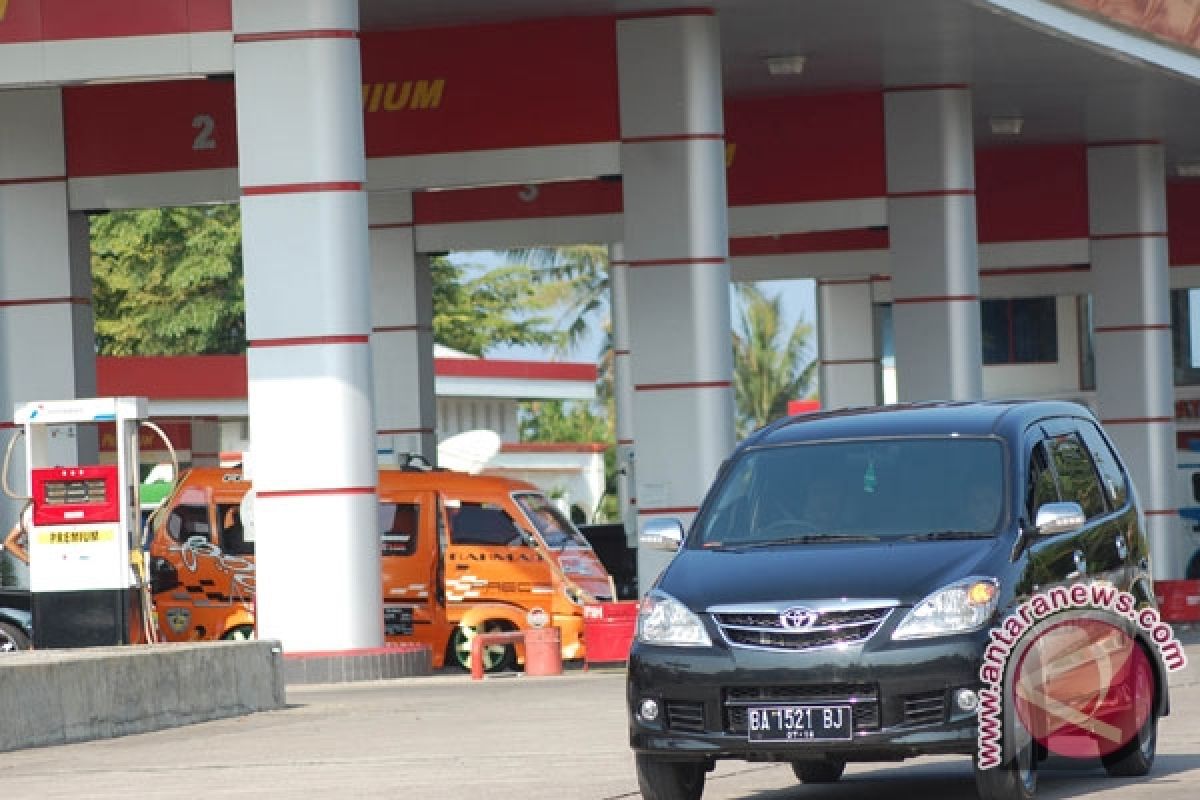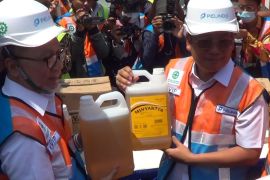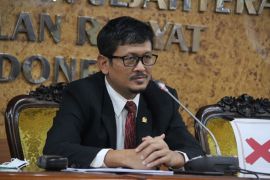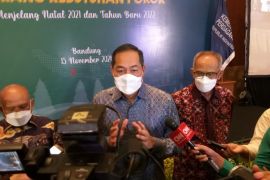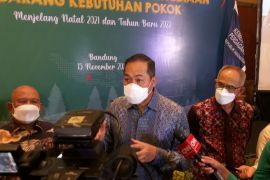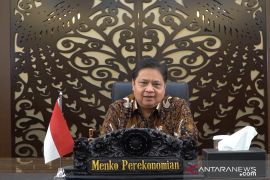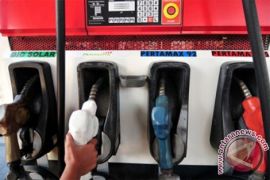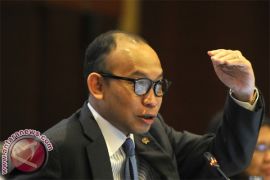The calls on the government to raise the price of fuel oils instead of limiting subsidized fuel oil consumption were made among others by observers, legislators and businessmen.
The latest call was made by the Indonesian Young Businessmen`s Association (HIPMI).
"We will support a government decision to raise fuel oil prices," HIPMI Chairman Erwin Aksa said after a meeting with President Susilo Bambang Yudhoyono at the Presidential Office here on Monday.
The HIPMI chairman said that fuel oil subsidies very much burdened the state budget. A big amount of subsidy would reduce the budget for capital expenditures. Small capital expenditures would hamper the development of infrastructure.
While the subsidy set in the 211 state budgets amounted to Rp92.79 trillion, it is urgent for the government to increase the prices to follow the hike of the world crude prices. Each one dollar increase per barrel in the world market over the assumed figured of 80 US dollar in the state budget would raise the subsidy by Rp2.7 trillion.
Therefore, energy analyst Pri Agung Rakhmanto and legislator Satya W Yudha of the Golkar faction in the House of Representatives (DPR) were among other parties who also asked the government to increase fuel oil prices.
Executives of HIPMI even met with President Susilo Bambang Yudhoyono on Monday to convey their association?s proposal that the government raise fuel oil prices.
The HIMPI leaders met with the president for one hour. HIPMI Chairman Erwin Aksa said his organization was suggesting that the government increase fuel oil prices.
The HIPMI chairman directly conveyed the proposal for increasing fuel oil prices in a one-hour meeting with the president. The head of state would study the proposal and took into account the present conditions including fluctuations of world crude prices.
According to Erwin, his association has conveyed its proposal after witnessing the fact that there were still many rich people who purchased subsidized fuel oils. "We are concerned to see that there are still expensive four-wheel vehicles used subsidized premium gasoline," he said.
But he said that he did not propose any rate for the increase in the fuel oil prices. According to him, the president already has officials who will deepen the matter.
The same voice was also aired by Pri Agung saing that the most realistic option to off set subsidy in the state budget was to increase fuel oil prices. "In term of time, the restriction option is no longer relevant to be imposed to overcome the swelling of subsidy budget this year," he said.
According to Finance Minister Agus Martowardojo, the realization of subsidized fuel oil in the first semester of 2011 has reached Rp41.6 trillion of the target set at Rp95.9 trillion. This is higher than consumption in the first semester a year earlier which was Rp30.2 trillion of the target set in the 2010 state budget at Rp88.9 trillion.
Agus said that the volume based on the prognosis in the second semester was estimated at Rp79.2 trillion so that it would swell to Rp120.8 trillion, or higher than the target in the state budget at Rp95.9 trillion.
Pri Agung, who is also executive director of ReforMiner Institute, said that restriction option had high distortion potentials such as abuse of subsidized fuel oil in black markets. With this reason it would not be effective to be implemented at present and in the future.
Sapta Yudho who said that the law on State Budget in 2011 allowed the government to raise fuel oil prices if the Indonesian Crude Price (ICP) has reached 10 percent above the assumed figure of 80 US dollars or 88 US dollars per barrel as set in the state budget.
After all, each one dollar increase per barrel in the ICP over the assumed figured of 80 US dollar would raise the subsidy by Rp2.7 trillion. Thus, the realization of an average price of ICP at 111 US dollar, or an increase of 31 US dollar, would increase the subsidy for fuel oil and electricity to Rp83.7 trillion.
So, the government, based on the law, should raise the prices of fuel oils. "This means that the government already has the legal argument to increase the price of fuel oil. So, what else is the government waiting for,?" Pri Agung questioned.
However, the finance ministry assured it would not choose the option to increase subsidized fuel oil prices but one which limited consumption of the commodity based on the quota in the state budget.
"We have no plan to increase prices but to control the consumption of subsidized fuels so that it would not exceed the quota," Finance Minister Agus Martowardojo, said.
He said that the option to raise fuel oil prices was guaranteed by the law but his side would never use the option. The minister would even coordinate with the relevant parties so that consumption would not exceed the quota of 38.6 million kiloliters.
Yet, over the weekend, the House of Representatives and the government agreed to increase the quota of subsidized fuel oil by 1.9 million kiloliters. This changed the previous target of 38.59 million kiloliters to 40.49 million kiloliters.(*)
Reporter: By Andi Abdussalam
Editor: Heru Purwanto
Copyright © ANTARA 2011
